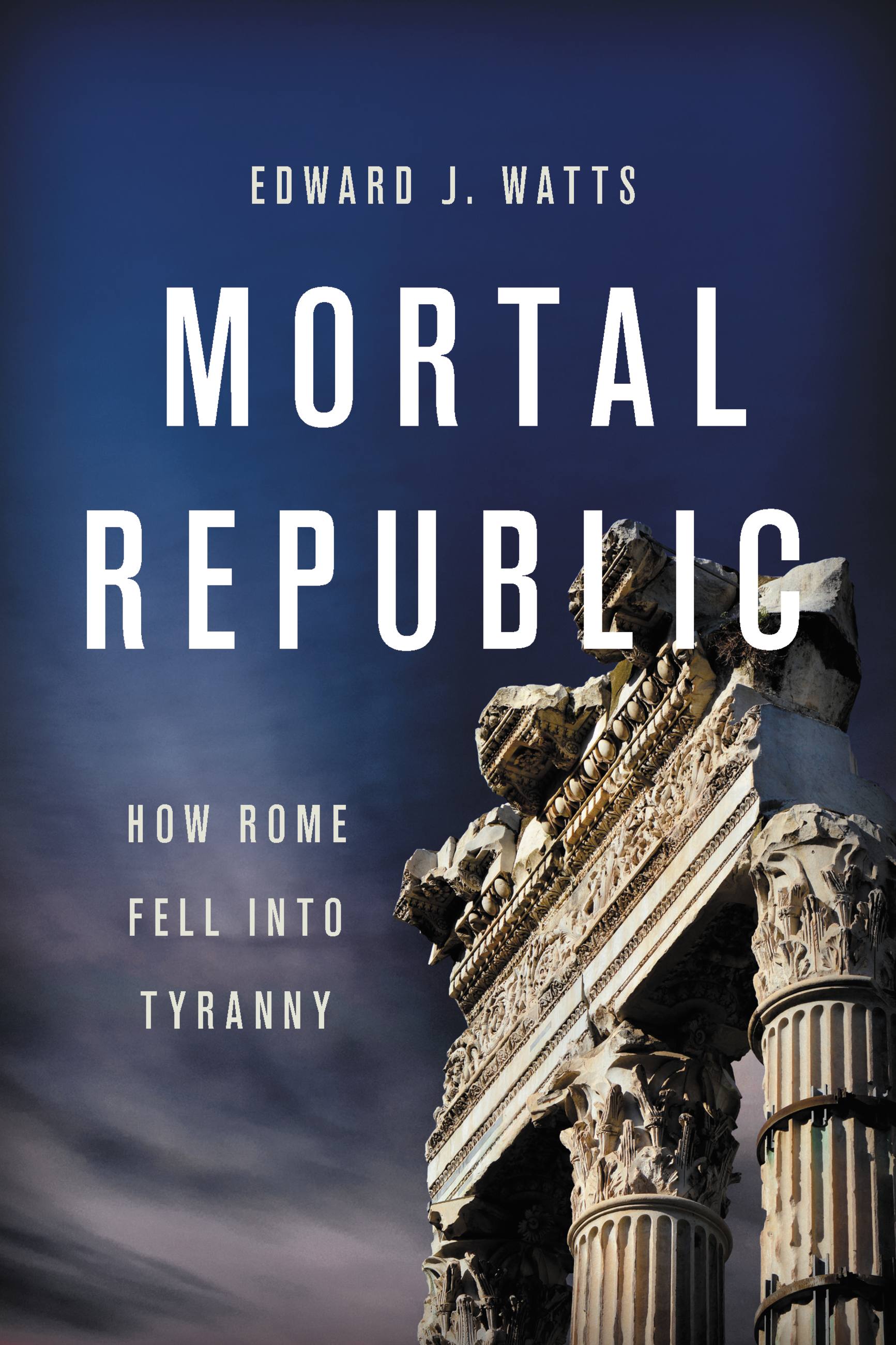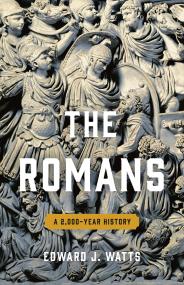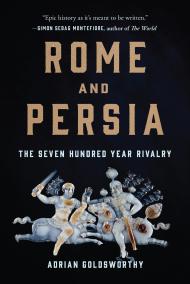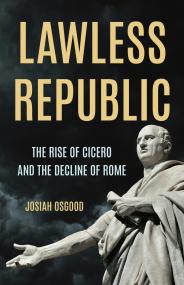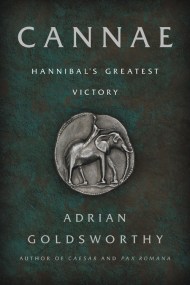By clicking “Accept,” you agree to the use of cookies and similar technologies on your device as set forth in our Cookie Policy and our Privacy Policy. Please note that certain cookies are essential for this website to function properly and do not require user consent to be deployed.
Mortal Republic
How Rome Fell into Tyranny
Contributors
Formats and Prices
- On Sale
- Aug 25, 2020
- Page Count
- 352 pages
- Publisher
- Basic Books
- ISBN-13
- 9781541646483
Price
$19.99Price
$25.99 CADFormat
Format:
- Trade Paperback $19.99 $25.99 CAD
- ebook $14.99 $19.99 CAD
- Audiobook Download (Unabridged)
This item is a preorder. Your payment method will be charged immediately, and the product is expected to ship on or around August 25, 2020. This date is subject to change due to shipping delays beyond our control.
Buy from Other Retailers:
“An incisive history… The parallels to the present day are striking.” —New Yorker
In Mortal Republic, prize-winning historian Edward J. Watts offers a new history of the fall of the Roman Republic that explains why Rome exchanged freedom for autocracy.
For centuries, even as Rome grew into the Mediterranean’s premier military and political power, its governing institutions, parliamentary rules, and political customs successfully fostered negotiation and compromise. By the 130s BC, however, Rome’s leaders increasingly used these same tools to cynically pursue individual gain and obstruct their opponents. As the center decayed and dysfunction grew, arguments between politicians gave way to political violence in the streets. The stage was set for destructive civil wars—and ultimately the imperial reign of Augustus.
The death of Rome’s Republic was not inevitable. In Mortal Republic, Watts shows it died because it was allowed to, from thousands of small wounds inflicted by Romans who assumed that it would last forever.
Genre:
-
"Watts describes how the rise of an economic élite and increasing inequality brought about populist sentiment that was easily exploited by nefarious politicians. The parallels to the present day are striking."New Yorker
-
"If the central analogy that animates Mortal Republic is correct, the current challenge to America's political system is likely to persist long after its present occupant has left the White House."New York Times Book Review
-
"Watts chronicles the ways the republic, with a population once devoted to national service and personal honor, was torn to shreds by growing wealth inequality, partisan gridlock, political violence and pandering politicians, and argues that the people of Rome chose to let their democracy die by not protecting their political institutions, eventually turning to the perceived stability of an emperor instead of facing the continued violence of an unstable and degraded republic."Smithsonian
-
"Mortal Republic provides excellent insights into how the Republic became the Empire, and more broadly it speaks to the ever-present threat of centralized power. The more a civilization centralizes, the more powerful a central government becomes."New York Journal of Books
-
"Readers will find many parallels to today's fraught political environment: the powerful influence of money in politics, a "delegitimized establishment," and "the emergence of a personality-driven, populist politicking." Watts ably and accessibly...covers a lot of ground in a manner accessible to all readers, including those with little knowledge of Roman history. This well-crafted analysis makes clear the subject matter's relevance to contemporary political conversations."Publishers Weekly
-
"In a timely book of ancient history, an eminent classicist looks at Rome's decline from representative government to corrupt empire... Given that mistrust of institutions is a key ingredient in the collapse of republican rule, as we are witnessing daily, the lesson is pointed. An engaging, accessible history that, read between the lines, offers commentary on today's events as well as those of two millennia past."Kirkus
Newsletter Signup
By clicking ‘Sign Up,’ I acknowledge that I have read and agree to Hachette Book Group’s Privacy Policy and Terms of Use

